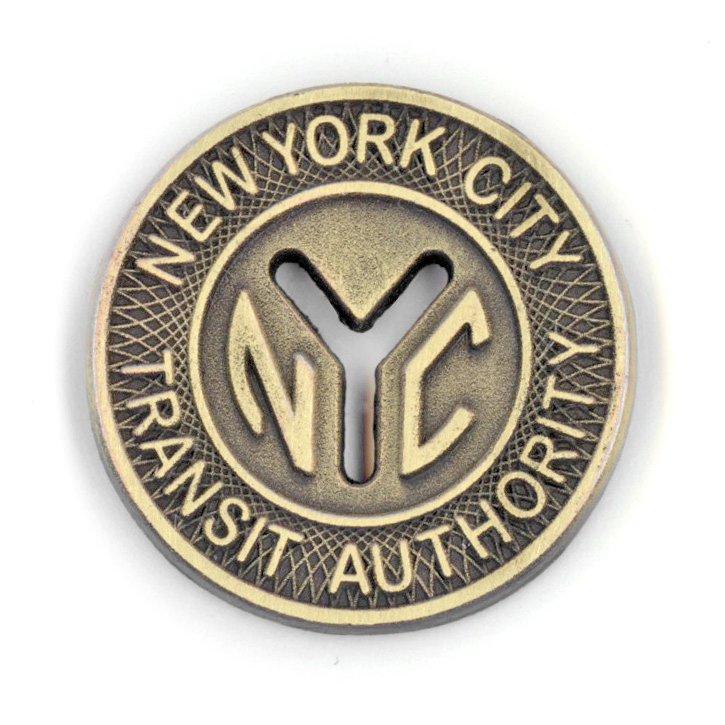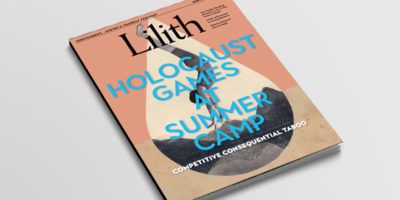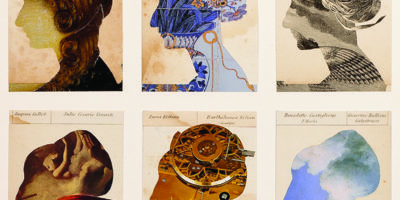
#MeToo?
Polling classmates from her all-girls high school, she hears them remember their experiences facing sexual predators on the subway.
In the spring of 2005, my Hunter High School classmates were preparing a 40th reunion and exchanging news and questions on our listserv. I seized upon the opportunity to raise a question I had never raised while we were teenagers: was anyone still thinking about the unpleasant, often disgusting sexual encounters — I did not yet formulate them as assaults — with men that we experienced traveling to and from school on public transportation?
The response was an example of what Dr. Judith Herman had cited as the power of cultural and collective validation. “I saw far too many penises on the way to school from Queens,” wrote one classmate. “Had hands up my skirt, strap-hangers masturbate right in my face with their hand in their pants. I was extremely disturbed but felt helpless to do anything but try to move away, not easy in a crowded train. I never asked for help, nor did I feel I ever would have gotten any. Now this is finally becoming public. Why did it take so long?”
“It was midday,” wrote another classmate, “and I was heading for the subway exit when a man pushed in front of me — I never saw his face — and placed his hand in my crotch. I was appalled and ashamed. Nothing like this had ever happened to me before. I tried to tell my mother and she dismissed it as if it weren’t important or had somehow been my fault. That made me feel injured all over again.”
Some of my classmates hadn’t told their parents because they thought it wouldn’t change anything; some were afraid that if they complained, their parents might transfer them to another school. One remembered the example of a plucky girl with whom she often took the subway, “I was always too terrified to do anything, but Frenchy grabbed a man’s hand as he was inching it up under her skirt, held it in the air and yelled out, ‘Who belongs to this hand?’ I never would have had the guts to do it.”
Very few of us had responded in this way although some lucky girls — the ones who barely remembered or made light of these episodes — had received practical instructions from their mothers and grandmothers. A British friend whom I told this to remembered her mother’s instruction to jump to her feet if a man bothered her on the bus, and say, as loudly as possible, “You must stop that!” Her mother had practiced saying it with her and the next time a man started groping her on the bus, she spoke up loud and clear.
Her mother was a teacher, unusually attuned to the needs of children. My mother and many of my classmates’ mothers, apparently, were not. No one mentioned that fathers might have had something to say about the issue.
After smart phones came into general use, I was thrilled to read a newspaper article about a quick-witted girl on the subway who had turned the tables on an exhibitionist. Using her phone, she snapped a series of penis photos and the face of the man it belonged to. She showed them to her principal, who called the police. The photos were published in New York City’s largest newspaper. The perp was arrested.
Here was a girl much like I had been, a daughter of new immigrants unwilling to burden her parents with her problems, who had instead mobilized her brain, new technology and cultural change to her advantage. She sought help from an enlightened principal who listened to her and acted on her behalf.
I was elated by this newspaper article. I shared it with friends and speculated that a new telephone that took pictures could become the way to end sexual harassment. But, as I wrote my analyst his monthly check, I again felt a swell of irritation at having to pay to repair an injury another man had inflicted long ago. I recognized it as the ember of a rage I felt against all the men who were still getting away with far worse, all over the world.
From Helen Epstein’s The Long Half-Lives of Love and Trauma (Plunkett Lake Press, January 2018), the third of a nonfiction trilogy, following Children of the Holocaust and Where She Came From: A Daughter’s Search for Her Mother’s History. Used with permission. Children of the Holocaust was among the first investigations of intergenerational transmission of the Holocaust’s horrors. Epstein’s new book deals with her experience of sexual assault in the Holocaust-survivor community she grew up in.



